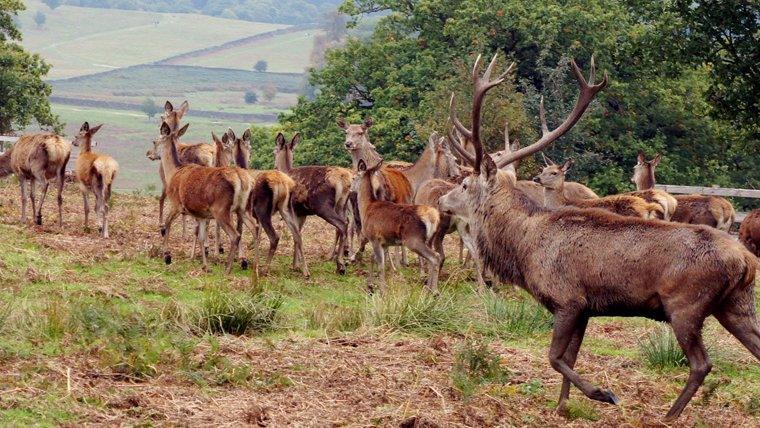Hunting deer for venison 'could help birds thrive'
- Published
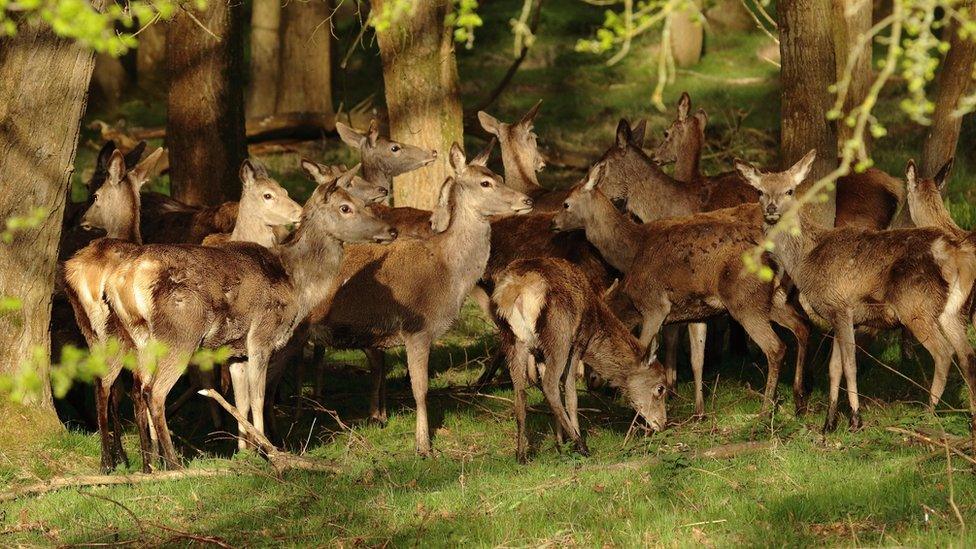
Dr Eichhorn said the absence of large predators had led to deer populations reaching 'extraordinary' levels
Wild deer should be hunted for meat to increase the UK's woodland bird population, an ecology expert suggests.
Markus Eichhorn, from the University of Nottingham, said Britain's large deer population was damaging natural habitats and hurting bird numbers.
He argued hunting deer for venison would help to reverse a decline in the number of ground-nesting birds including the nightingale.
Animal rights group, Animal Aid, said the move would be "highly unethical".
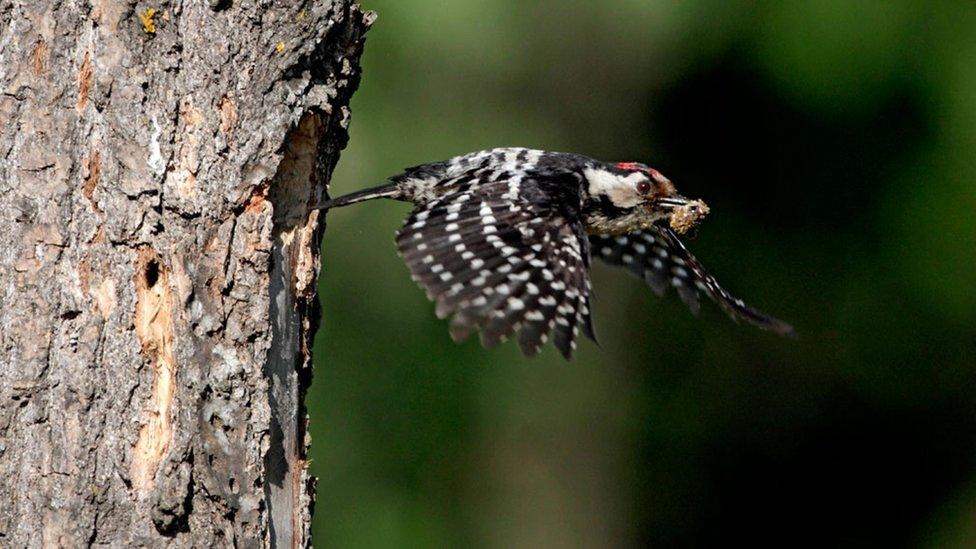
The lesser-spotted woodpecker is in severe decline in British woodlands
Dr Eichorn led a team of academics commissioned by the government to study the causes behind the decline of woodland birds, external such as the nightingale, marsh tit, willow tit and lesser-spotted woodpecker.
All four birds are on the RSPB's red list, external and have suffered a "severe" decline in their breeding populations in the past 25 years.
In that time it is believed the population of the UK's deer has risen from about one million to about two million.
Comparing 40 woodland areas in England, the team found in areas of dense deer populations there was 68% less foliage near the ground compared with areas with fewer deer.
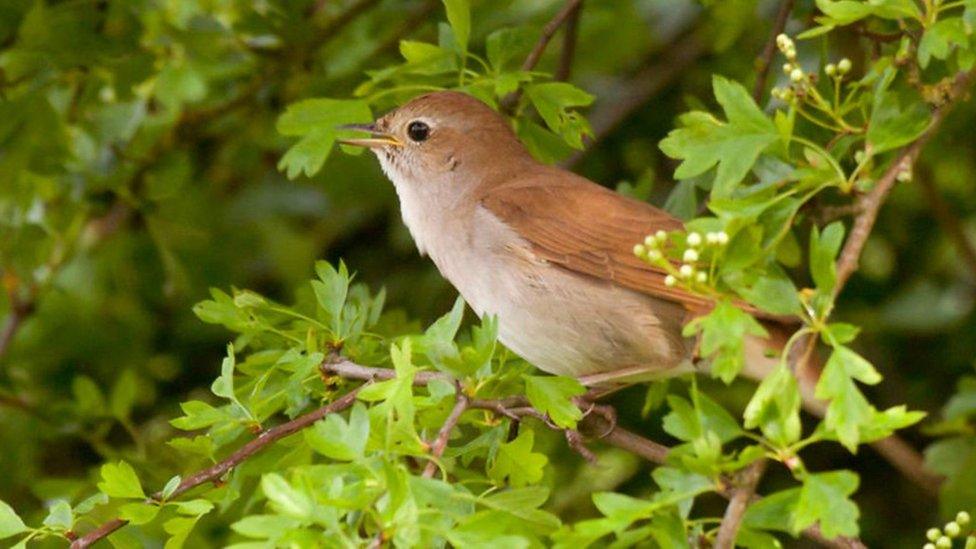
The nightingale would benefit from a deer cull, says the Nottingham academic
Dr Eichhorn said deer populations were at "extraordinarily high levels" due to the absence of large predators, among other reasons.
"We should not think of it in terms of a cull. We already eat venison in Britain but a large proportion of that is farmed meat.
"We [should] start eating wild-caught, free range British venison given that it's abundant and wildly available."
A spokeswoman for Animal Aid, an animal rights groups, said deer should be treated with respect.
She said: "It is humans that have caused deer populations to increase and these majestic animals should not be forced to pay for our mistakes with their lives."
Animals rights group PETA said: "Ecological harmony will never be achieved through the barrel of a gun."

Deer in the UK
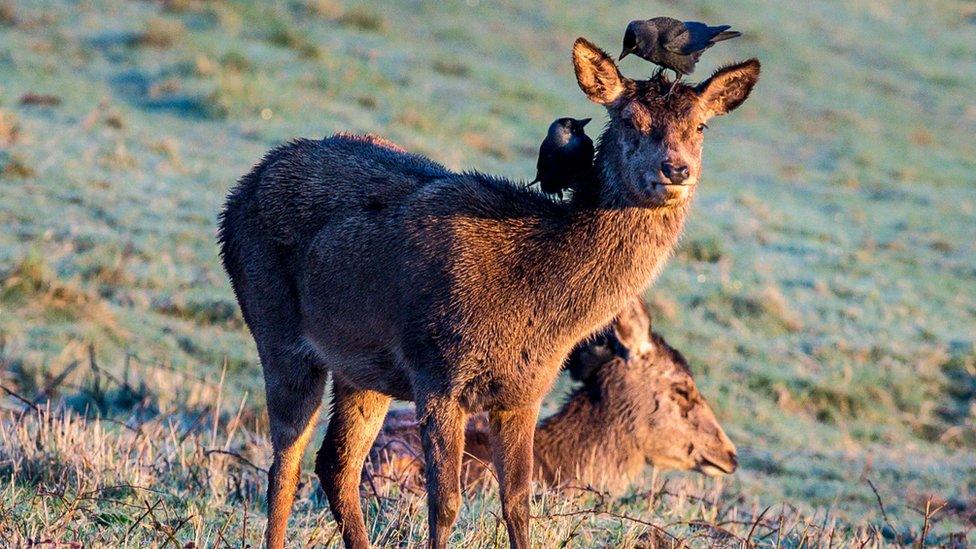
There are about two million red, roe, fallow, sika, muntjac and Chinese water deer in the UK
The 1963 Deer Act , externalgave the animals protection and controlled who could shoot them and how
Deer do play a part in the health of woodland ecosystems but "over-browsing" can also have a negative effect
Historically the animals would have been preyed on by bears, lynxes and wolves
It is believed numbers may have doubled since 1999, coinciding with the decline of some woodland ground nesting birds
The Deer Initiative has been exploring what can be done to control numbers in England since 1995
Sources: RSPCA, external, The Deer Initiative, external

- Published9 April 2017
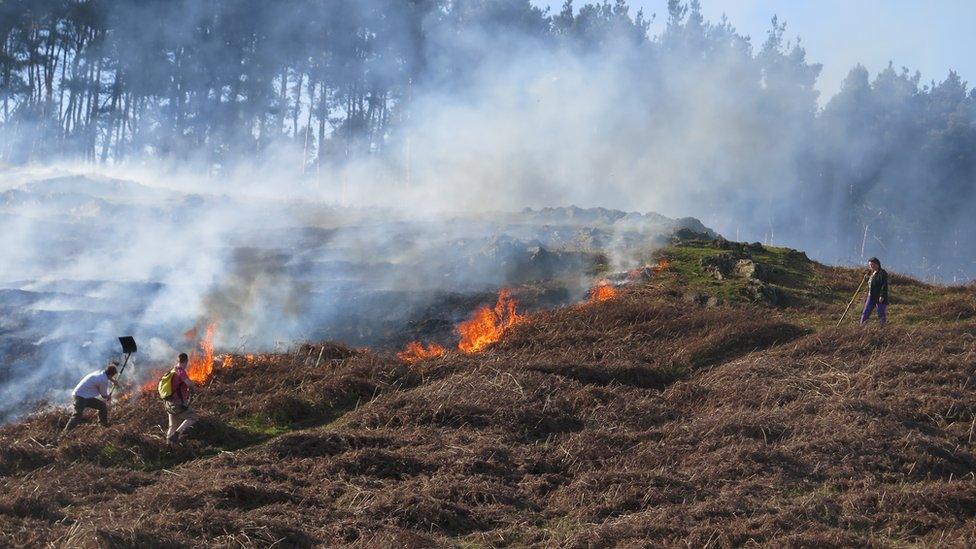
- Published28 September 2016
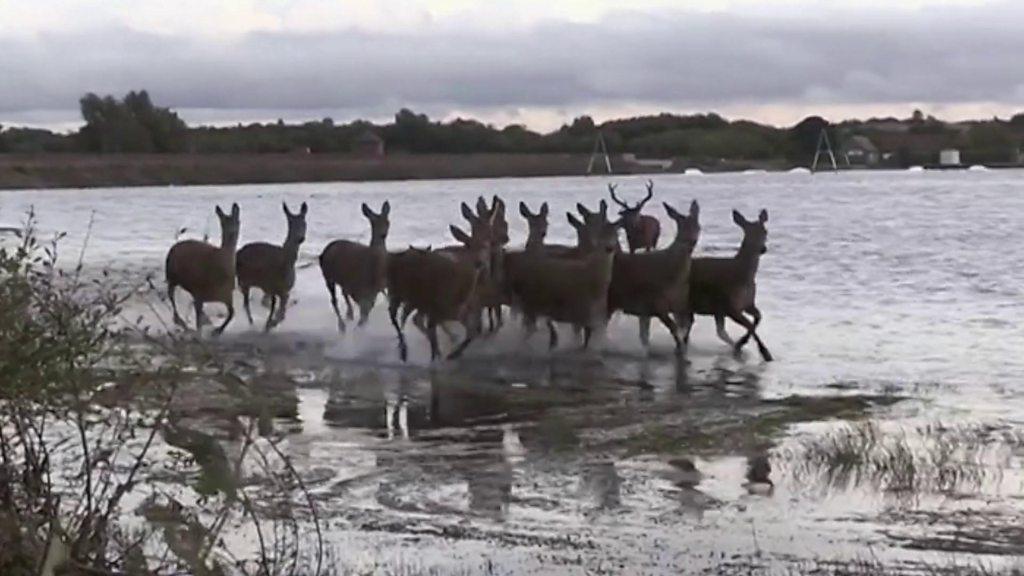
- Published2 March 2017
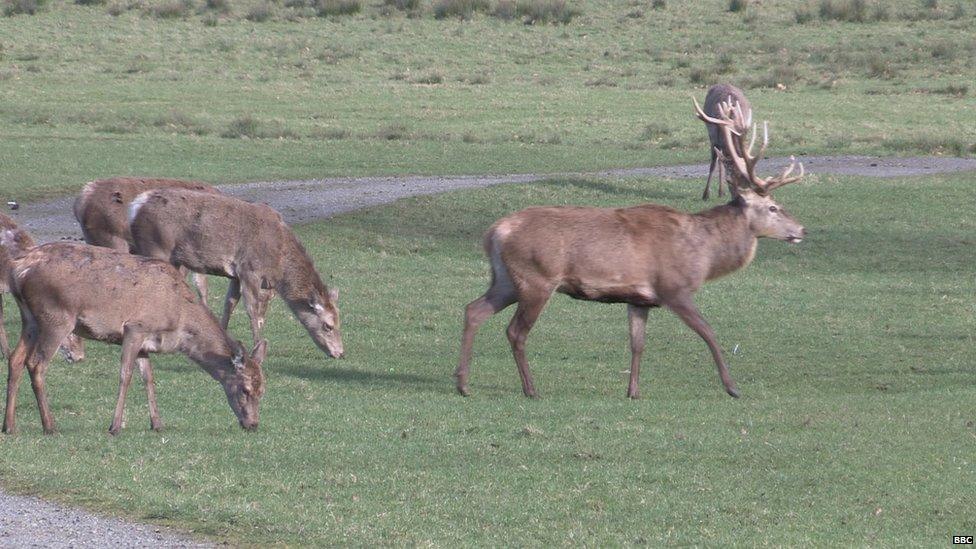
- Published1 April 2016
